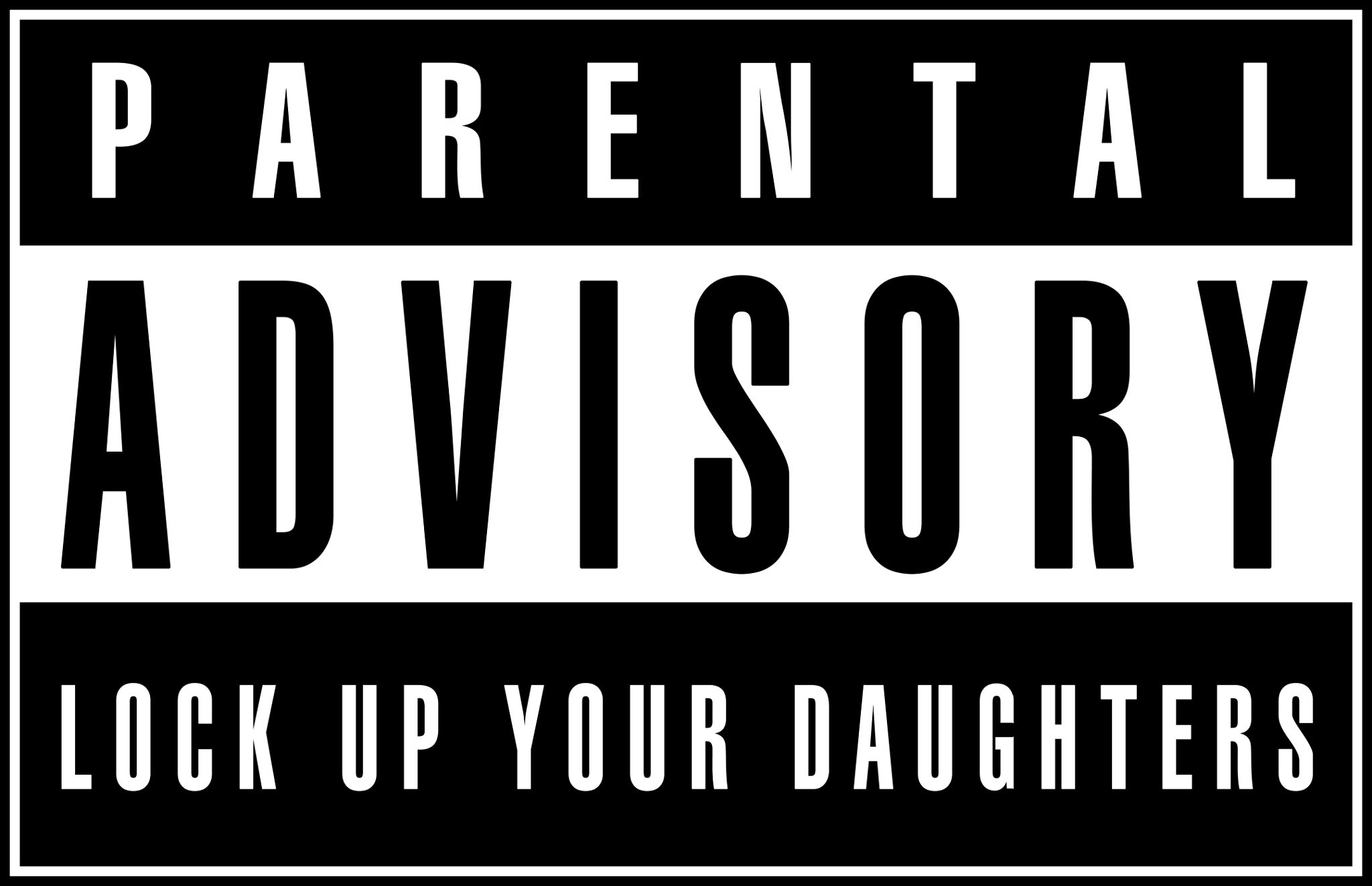Common Myths About Baby Development: Separating Fact from Fiction
Understanding Baby Development
Baby development is a fascinating journey filled with milestones and discoveries. However, it's also an area rife with myths that can confuse new parents. It's crucial to distinguish between what's true and what's merely a misconception.

Myth 1: Babies Should Walk by Their First Birthday
Many parents believe that their child should be walking by their first birthday. While some babies may indeed take their first steps around this time, others might not walk until they are 15-18 months old. Every baby develops at their own pace, and reaching this milestone later is perfectly normal.
Myth 2: Teething Causes Fever
It's a common belief that teething causes fever and other symptoms like diarrhea. In reality, teething can cause discomfort and irritability, but it doesn't lead to fever or illness. If your baby develops a fever, it's important to look for other causes or consult a healthcare professional.

Myth 3: Picking Up a Crying Baby Spoils Them
Some people worry that responding to a baby's cries will spoil them. In truth, responding to a baby's needs helps build trust and secure attachment. Babies cry as a form of communication, and attending to them supports their emotional development.
Myth 4: All Babies Sleep Through the Night by Six Months
Parents often hear that their baby should sleep through the night by six months. However, sleep patterns vary greatly among infants. While some babies may sleep for longer stretches, others might still wake up frequently. Patience and understanding are key as your baby finds their own rhythm.

Myth 5: Babies Need Daily Baths
Bathing a baby daily is unnecessary unless they particularly enjoy it or get dirty. Overbathing can lead to dry skin. A few times a week is generally sufficient to keep your baby clean and comfortable.
Debunking Myths for Better Parenting
Believing in myths about baby development can create unnecessary stress for parents. By understanding the facts, you can better support your baby's unique growth journey. Remember, each child develops in their own time, and there's no one-size-fits-all timeline for milestones.
It's important to consult with pediatricians or child development experts when in doubt. They can provide personalized advice tailored to your child's needs and offer reassurance when navigating the complexities of parenting.
